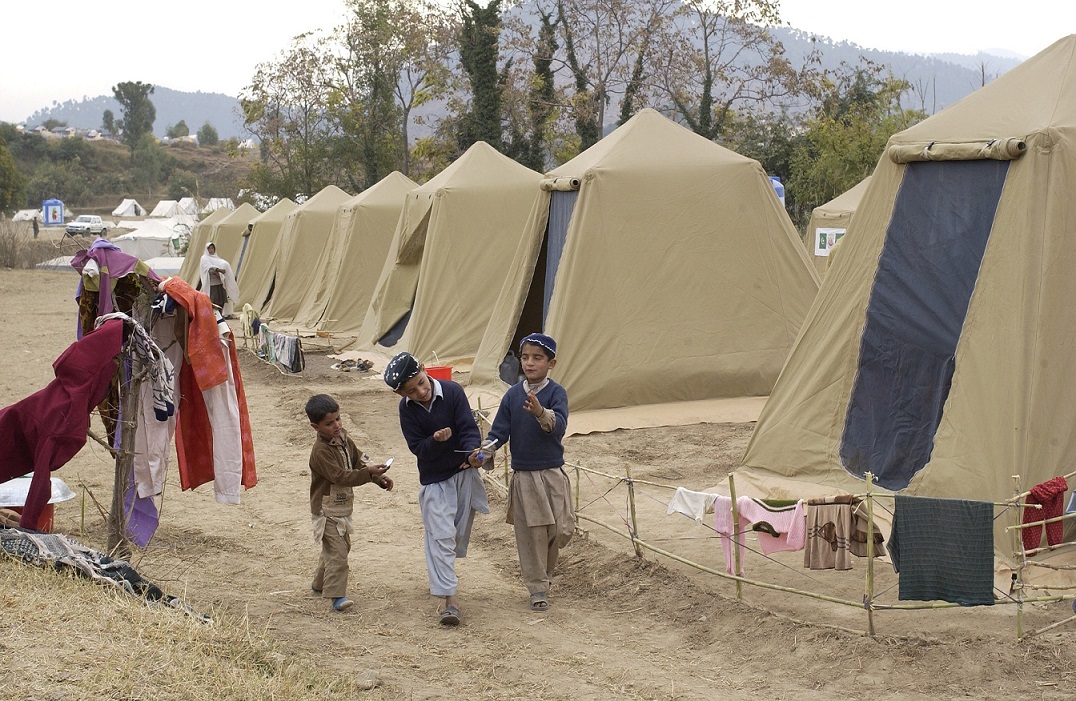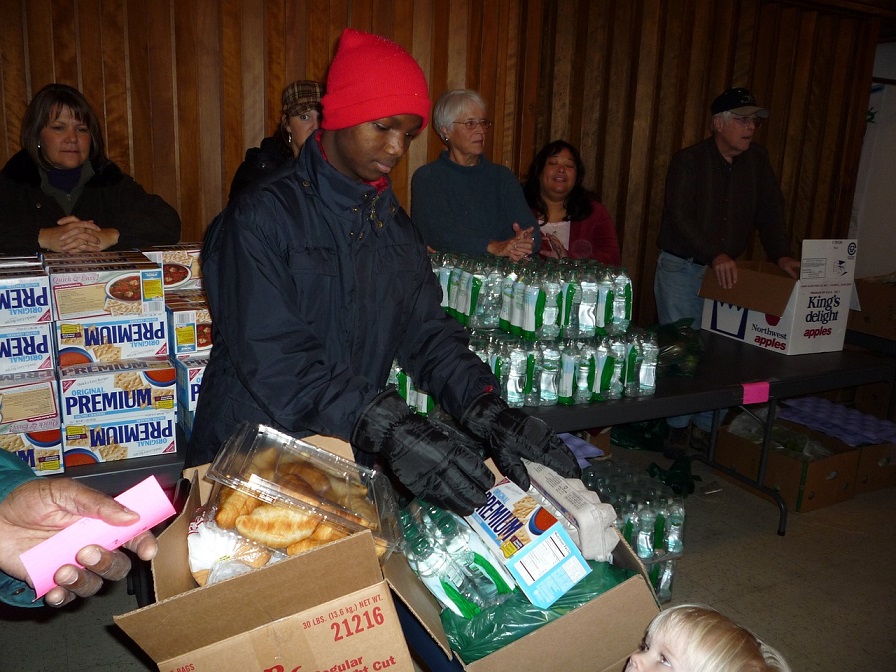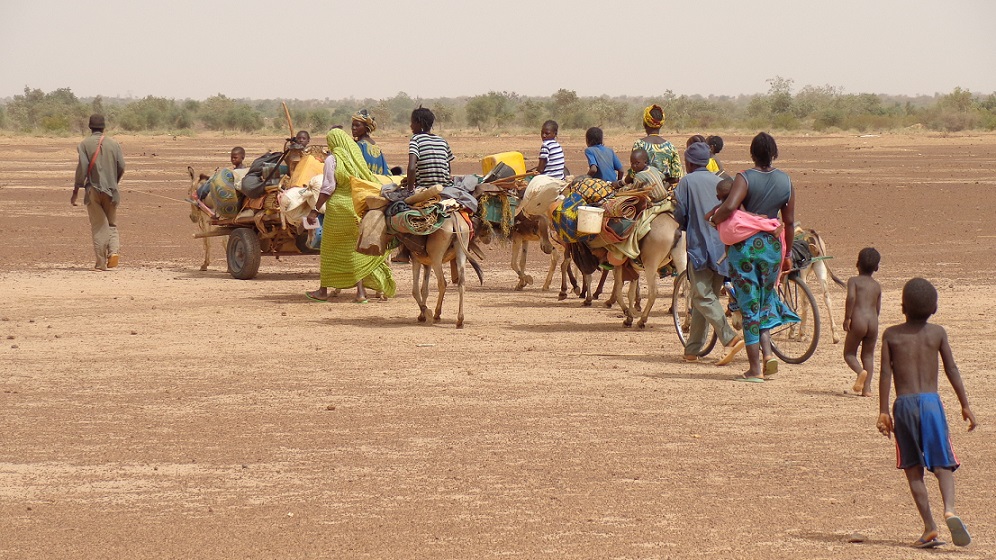It has become the case of the cat against the rat. While the latter attempts to carve out a better future, far away from their country of origin, the former intends to shatter their hopes. These expulsions can put the integrity or even the life of a person at risk.
 Raman Alabau
Raman Alabau
The doors of an immigrant detention centre close to London open to let a bus through. Inside the vehicle are Tamil immigrants. Their destination is the airport, where they will take a plane to returning them to Sri Lanka. They escaped, however long ago, to look for better opportunities in another part of the world.
A group of friends and members of various NGOs form a human barrier to try to stop the “tragic” fate of deportees from the United Kingdom, even if just for a moment. Their crimes: being foreigners without valid visas.
According to Human Rights Watch, many of the deportees from Sri Lanka have suffered abuse from local authorities. Humiliation, torture, and mistreatment are some of the constant complaints, even though the UK Border Agency states that it guarantees the security of those they take into custody.
It is demanded that the British government stop forced evictions, which many individuals suffer through against their will. Deportations usually occur when a person commits a crime or poses a risk to the security of society. However, to live in a difficult and irregular situation is a principle cause of this. When deported, one cannot return to Great Britain for 10 years.
 Before deportation, foreigners are detained in prison- like centres and the time they spend there depends on each case. The duration of stay ranges from two days to as much as six months.
Before deportation, foreigners are detained in prison- like centres and the time they spend there depends on each case. The duration of stay ranges from two days to as much as six months.
Migreurop, an organisation that stands up to the deportations, calls for more information on the institutions in order to understand the reality of what happens in the retention centres.
It affirms that the deportations are an attack on “human dignity and contradict international treaties.” In the United Kingdom, the centres are controlled by the police and management is provided by private companies and non-profit organisations.
Behind the walls and under the watchful eye of the security cameras, social assistance is offered and, with proper restrictions, contact with relatives and lawyers is allowed.
The “Border Assassins” report from the European Migration Network points out that the centres pose an attack on human rights and are characterized by opacity and secrecy of their operations. It is estimated that, in Europe, there is a total of 280 bases that temporarily house illegal immigrants.
 The Prisma has had the opportunity to talk with an activist who rejects the reparations by the Home Office in England. For safety reasons and in order to avoid any reprisals, she will be identified under the pseudonym of Maria Pérez.
The Prisma has had the opportunity to talk with an activist who rejects the reparations by the Home Office in England. For safety reasons and in order to avoid any reprisals, she will be identified under the pseudonym of Maria Pérez.
The activist criticizes the conservative politics of Governor David Cameron, which make borders impassable and go against the development of humanity.
“It is not just an economic matter. Since we live together, if you bite off a ‘piece’ of the planet, we all go under”, she pointed out.
The main needs of the inmates are caused by the ignorance of their rights.
“There are immigrants that are here who are incarcerated for a long time. They are like in limbo, not knowing how to get in or get out. We always advise them to seek advice from the social service people who are in many, though not all, of the centres”.
The economic crisis or the carelessness of the Public Administration makes it so that the arrests, as well as being a deprivation of liberty, are characterized by a reduction of services that can be provided in these facilities, such as medical care, counselling staff or interpreters.
“It is more profitable to have a library rather than counselling staff. In these places, immigrants can also find the right information that can give them temporary entry into the country”.
She admits that, many people, while under the pressure of an interrogation, “say more than necessary and make people believe that their families and others that are in their same situation are not normal”.
 “Many deportations are carried out so quickly that the deportees do not have the opportunity to collect their possessions or even cancel their bank accounts”.
“Many deportations are carried out so quickly that the deportees do not have the opportunity to collect their possessions or even cancel their bank accounts”.
In the centres, there are frightened women and the cries of children who will lose their innocence during isolation can be heard.
Some investigations indicate that many children are locked up unnecessarily, and that welfare and the fact that they may fall victim to improper treatment are not taken into account.
An example of this was the alleged case of the mistreatment and abuse of immigrant children who suffered in the Yarl’s Wood centre in Bedfordshire.
Each deportation costs more than £ 4,500, and spending has increased in recent years, moving from £ 1,752,991 in 2001 to £ 7,870,290 in 2012.
“We attempted to stop deportations”, recognises Maria. “We have occupied an airport runway when trying to defend people whose lives are in danger if they return to their homes”.
“After living here, when they kick you out and you return to your home country but you don’t feel at home, you realize that you have lost your roots and contacts. This is when psychological affects start to take place”.
 Despite efforts to organise people like Maria and defend something as precious as the life of a person, the flights departing the United Kingdom with those with “uncertain futures”, continue to rise to the skies.
Despite efforts to organise people like Maria and defend something as precious as the life of a person, the flights departing the United Kingdom with those with “uncertain futures”, continue to rise to the skies.
(Photos: Pixabay)












.jpg)












